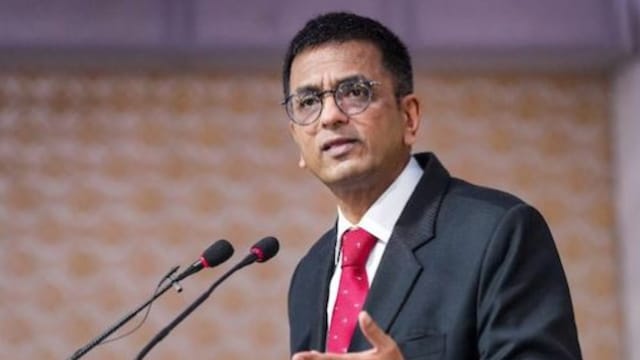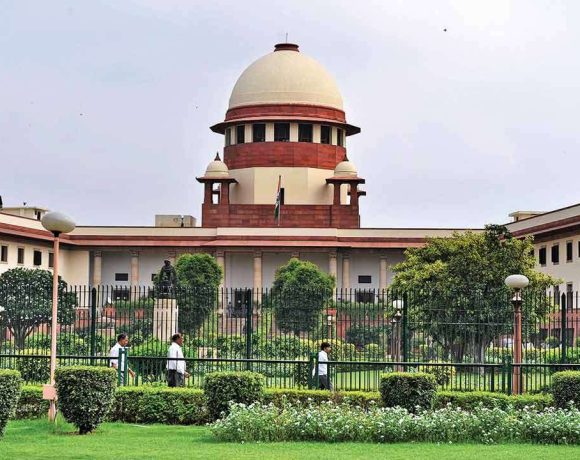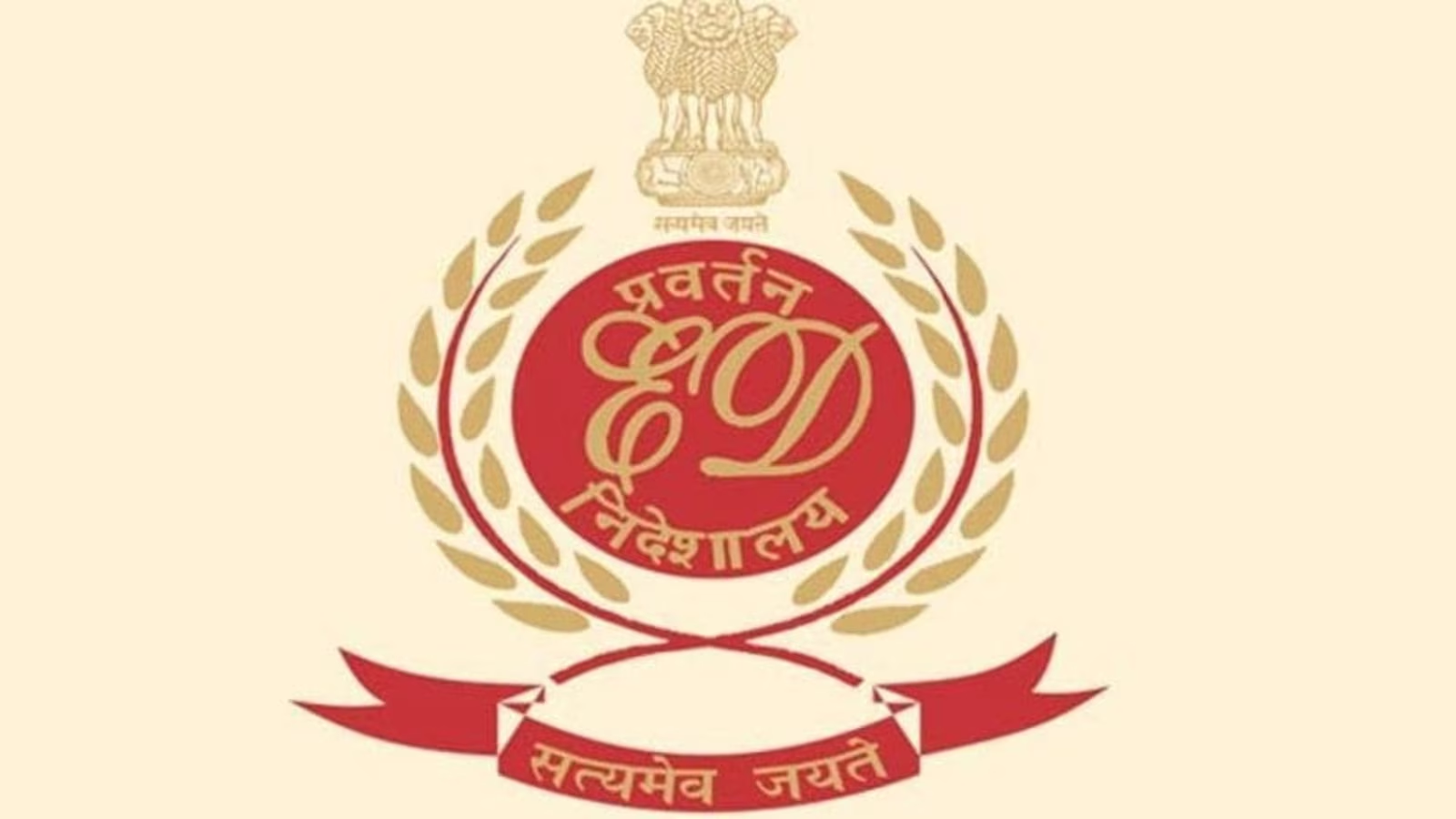
Ex‑CJI Chandrachud Delays Move Due to Daughters’ Special Needs
Retired Chief Justice of India, Justice Dhananjaya Y. Chandrachud, has explained his extended stay in the official CJI residence at Krishna Menon Marg, New Delhi, citing personal reasons related to his family. The Supreme Court administration recently asked the government to reclaim the bungalow, stating that Chandrachud’s permitted occupancy had expired. In response, he clarified that he plans to vacate the residence within a few days.
Chandrachud, who retired in November 2024, highlighted the challenges faced by his family—particularly his two daughters who have special needs, including nemaline myopathy and other genetic disorders. He emphasized that the delay was due to the difficulty in finding a suitable alternate home that meets their needs and undergoing necessary repairs. The former CJI mentioned that the new residence allocated to him requires renovation, and he is waiting for contractors to complete work on a house lying vacant for two years.
According to rules under the Supreme Court Judges (Amendment) Regulations, 2022, retired chief justices are entitled to occupy a Type VII government bungalow for six months post-retirement. Chandrachud, however, continued to reside in a Type VIII bungalow, having been granted a special extension first until April 30, 2025, and then orally until May 31. The administration has now emphasized that no further extension can be granted and urged immediate repossession.
Despite public controversy, Chandrachud asserted that his extended stay was communicated transparently to the Supreme Court collegium and administrative officials. He acknowledged the importance of vacating the residence promptly and stressed that “it is now a matter of just a few days” before he and his family relocate.
This incident has spurred broader discussion about housing entitlements for retired judiciary members. Observers note that flexibility is often granted to accommodate personal exigencies, especially when family circumstances are complex. Chandrachud’s case underscores how personal and logistical considerations—such as care requirements and renovation delays—can affect compliance with formal protocols.
The matter is expected to conclude soon once the alternate house is ready and the cricket bungalow is handed over. Chandrachud’s transparency and forthcoming disclosure about his daughters’ medical conditions have received sympathy, and officials emphasize resolving the issue without disrupting judicial accommodation availability.


















